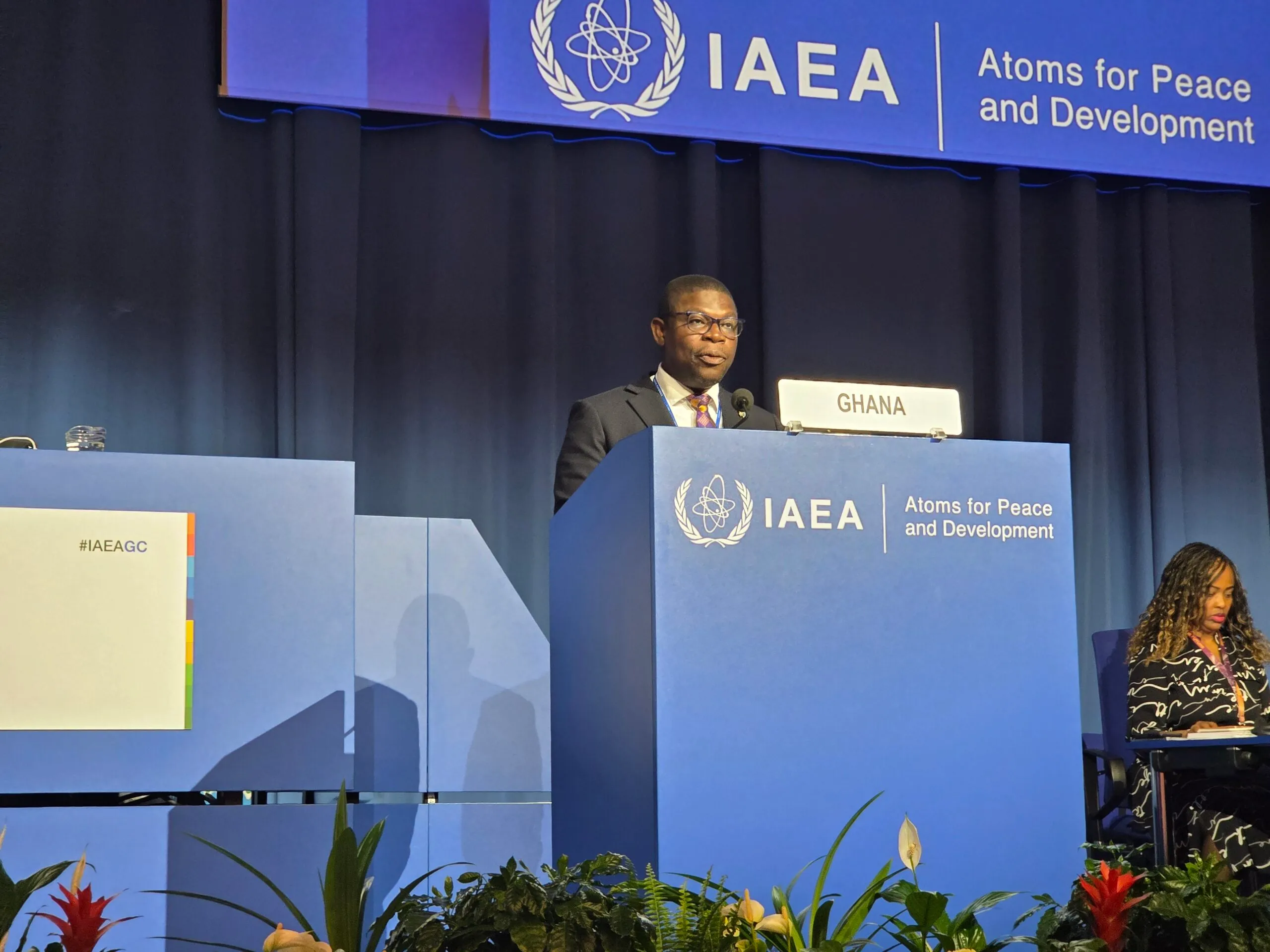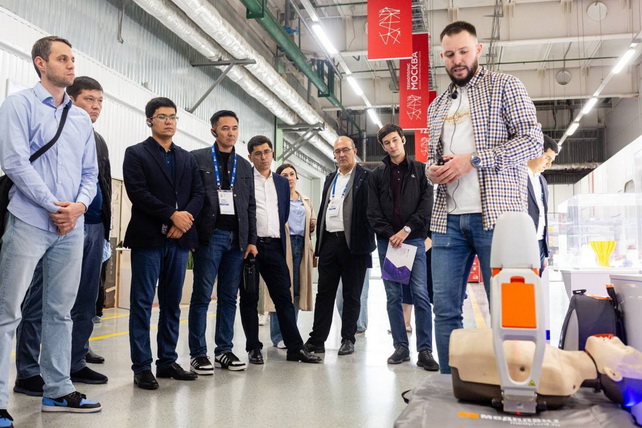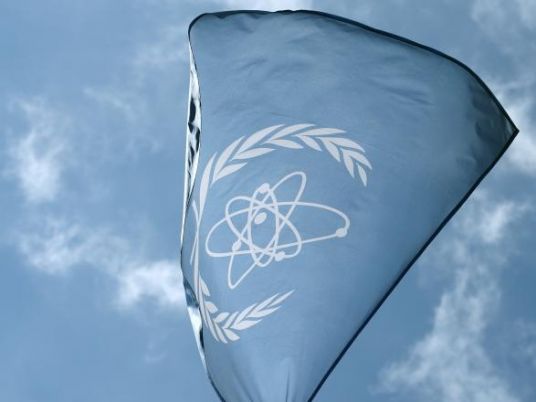By Mabel Adorkor Annang,Seli Baisie
Copyright gbcghanaonline

By Mabel Adorkor Annang
Ghana will soon commence detailed site characterization studies on two locations earmarked for the country’s first nuclear power plant.
The exercise is expected to play a crucial role in determining the most suitable site, as Ghana pushes forward with plans to add nuclear power to its energy mix.
Deputy Minister of Energy and Green Transition, Richard Gyan-Mensah, announced this at the 69th International Atomic Energy Agency (IAEA) General Conference in Vienna.
Mr Gyan-Mensah explained that the site characterization reflects government’s commitment to diversifying energy sources, strengthening energy security, and advancing the nation’s green transition agenda.
He said: “Ghana hosts a site and external event design review division from the IAEA for site selection and arrangements, and we are advanced in installing meteorological equipment at the preferred and backup sites. The feasibility studies are progressing, and the project organisation, National Nuclear Power Ghana, with the support of the Ministry of Energy and Green Transition, is making the necessary arrangements to start detailed site characterization studies. To build public trust in Ghana’s nuclear power programme, a nuclear information, communication, and education campaign has been launched to raise awareness, integrate nuclear education in schools, and ensure sustainability.”
Mr Gyan-Mensah noted that Ghana’s collaboration with the IAEA has been instrumental, particularly in building local capacity, with students currently receiving training on the nuclear project to enhance strategic partnerships.
“In July 2025, Ghana’s isotope hydrology laboratory, in partnership with the Kwame Nkrumah University of Science and Technology, the Regional Water Environmental Sanitation Center, and the Ghana Water Resources Commission, hosted a five-year regional short course on isotope hydrology with participants from Ghana, Nigeria, Burkina Faso, and Zimbabwe. In collaboration with the Agency, Ghana keeps updating its list of Master’s programmes and its School of Nuclear and Allied Training to train students from Ghana and across Africa’s sub-regions,” he added.
The Director-General of the IAEA, Rafael Grossi, said: “Debates like energy security have come up over the years and today there is a shared conviction from countries all over the world, whether using nuclear energy or not, that nuclear energy is part of the solution to the world’s challenges in terms of clean energy and global warming.”
At the IAEA General Conference, delegates from around the world agreed on stronger rules for nuclear safeguards and security, described as a cornerstone of global non-proliferation efforts.
A draft resolution, presented by Australia, Austria, Belgium, and more than 20 other countries, underscored the importance of ensuring that nuclear materials are not diverted for prohibited purposes.
The resolution called on all member states to fully comply with their safeguards obligations and deepen cooperation with the Agency to facilitate effective implementation.
Delegates also voiced concern over threats and attacks on nuclear facilities used for peaceful purposes, warning that such actions undermine the IAEA’s verification work.
The draft resolution urged all states to refrain from actions that could undermine nuclear security and the IAEA’s ability to carry out inspections.



